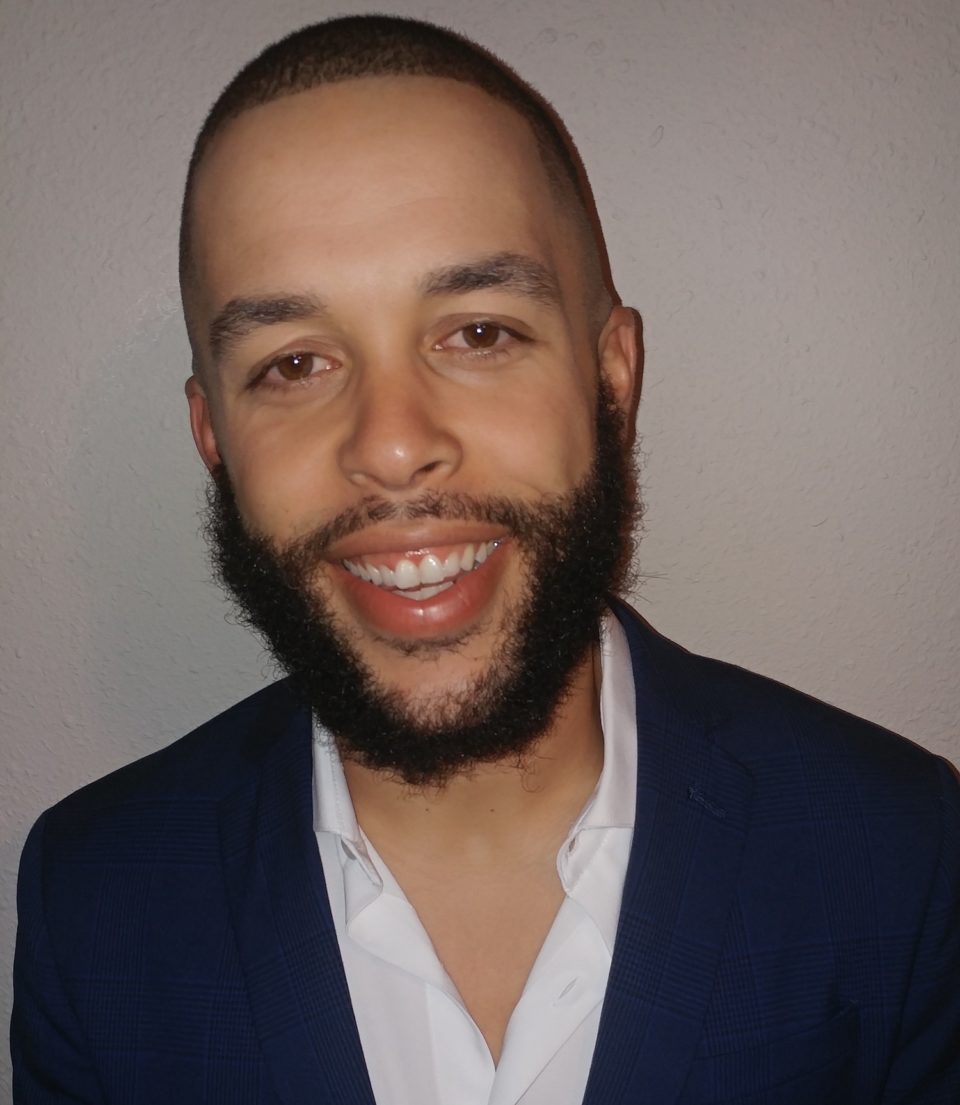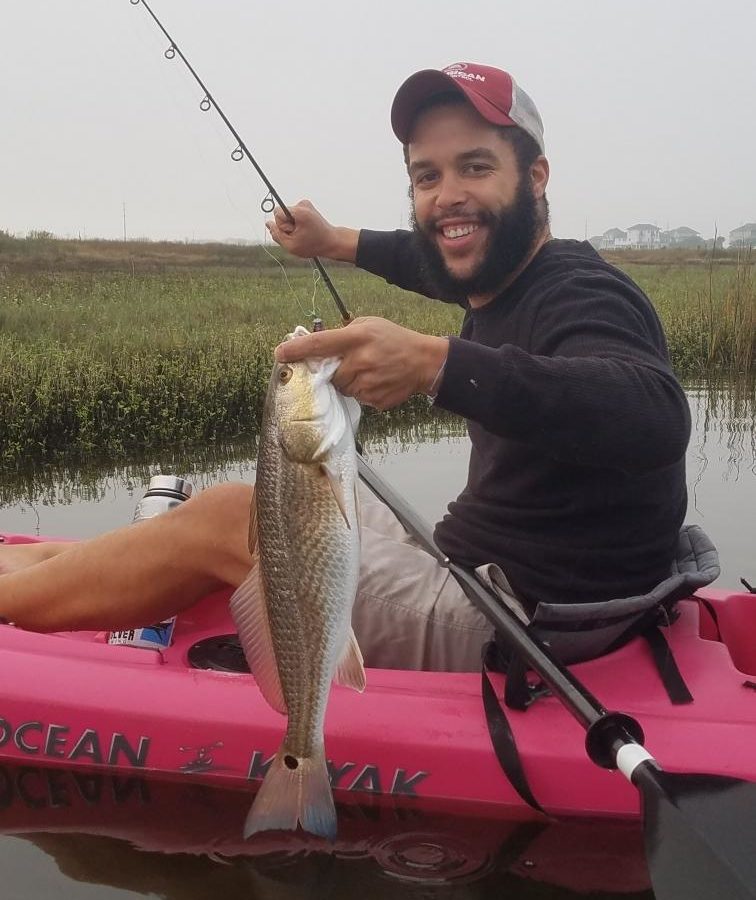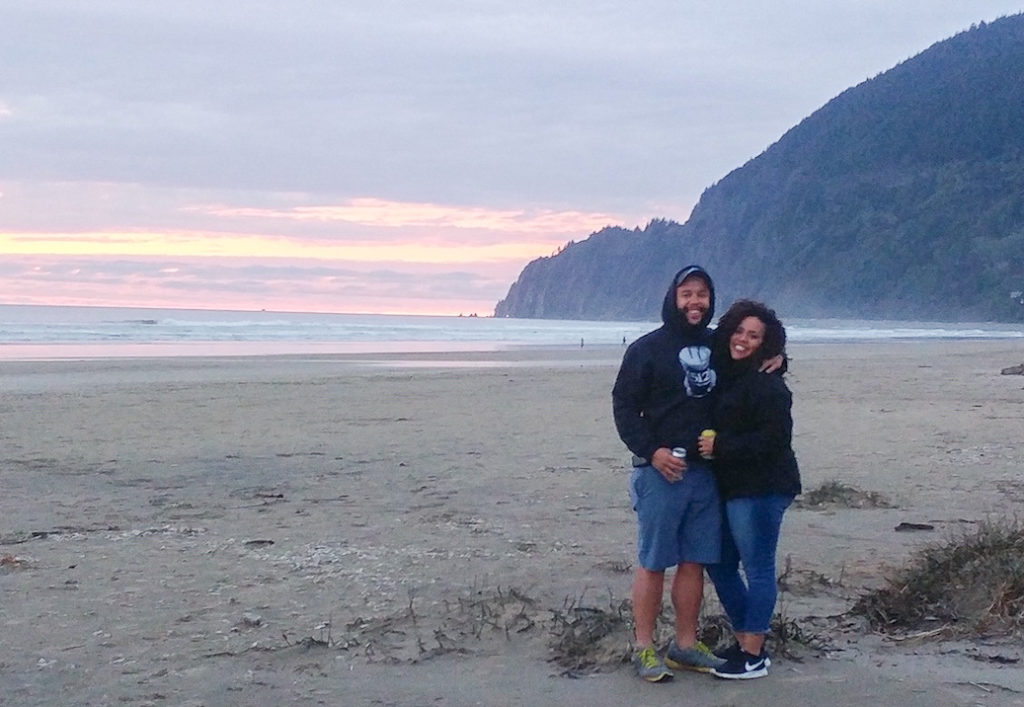Q&A with Jordan Lynch of Texas A&M University
Editor’s note: This year, the Global Aquaculture Alliance will spotlight various members dedicated to GAA’s mission of responsible aquaculture. Membership starts at only $50 for individuals and $5,000 for businesses. Start utilizing our extensive benefits. Featured this month is Jordan Lynch, a student at Texas A & M University.

Tell us a little bit about your background.
I’m a non-traditional, 28-year-old junior at Texas A&M at Galveston working toward two B.S. degrees in Marine Biology and Marine Fisheries. I originally dropped out of community college back home in Iowa at the age of 19 after realizing that I had no idea what I wanted to do. When I left school, I started working at a municipality in Iowa in the Water and Wastewater Departments. I worked as a boilermaker and structural fitter in a coal-fired power plant in Wyoming, a pipefitter at a nitrogen plant, a skilled laborer updating wastewater treatment plants, and finally worked on a road-boring crew for the Dakota Access Pipeline. In the Spring of 2016, I sustained a non-work related injury that sidelined me for two months. As it turns out, you have plenty of time to think when you’re laid up for that long, and I realized I was either going to work construction until the day I died or return to college. I decided college was the better option…and they let me in!
It was during my studies at A&M Galveston that I began to learn about and develop a passion for the aquaculture industry and all it has to offer. I came in wanting to be a marine biologist but found that aquaculture provided me what I had always wanted–the marriage between working with my hands while still using my head. Through conversations with many in the industry, as well as my own reading and research, I’ve fueled this passion and made it my driving force. My plan is to use these two degrees as essentially a background fish education, enter an aquaculture graduate program, and one day own my own fish farm where I can produce healthy, sustainable proteins for the growing population.
Why did you join GAA?
I joined the GAA as a way to increase my knowledge of the workings and happenings of the industry, as well as increase my opportunities to connect with other passionate members of the industry. Being from Iowa, and currently living in Texas, gives me a relatively narrow worldview in terms of the directions the industry is headed. The GAA allows me to get a perspective of the aquaculture industry that I may not be able to gain otherwise, as well as connect with those who I may not have the opportunity to otherwise at this point in my career.
What solutions does responsible aquaculture provide?

I think one of the largest solutions that responsible aquaculture provides is the production of healthy proteins where they may otherwise not be available. When looking at cattle production, you think of how many acres per head, but with aquaculture-based proteins, you’re looking at how many “head” per acre. I think the average cow is around 1,300 lbs, so compare that to the thousands or even tens of thousands of pounds of fish that you could produce in that same area. That’s a massive difference! For developing areas, this is crucial. Secondly, responsible aquaculture helps to relieve the burdens that are placed on our world’s fisheries today. 90% of our fisheries are fully exploited, overexploited, or depleted, yet we still continue to take. The world isn’t going to stop eating seafood, and the oceans can only give so much, so that leaves us with only one real option – aquaculture.
What three words that best describe the future of the industry?
Technology-driven, sustainable, and being from the United States and knowing the perception issues we currently deal with, the third word would be, accepted.
Where is the most interesting place you’ve traveled to?

I spent around eight months living in Kaposvár, Hungary when I was in the second or third grade. I’d say that would be considered the most interesting, but being so young, I don’t remember much. My adult life has been much more limited, but Manzanita, Oregon and really that entire coastal Oregon area would be the top of the list. It’s just an absolutely gorgeous place. From the rocky, intertidal areas to the forest trails, lighthouses, small, coastal towns and history, its an absolute must-see in my opinion.
Thanks for being a member, Jordan!



